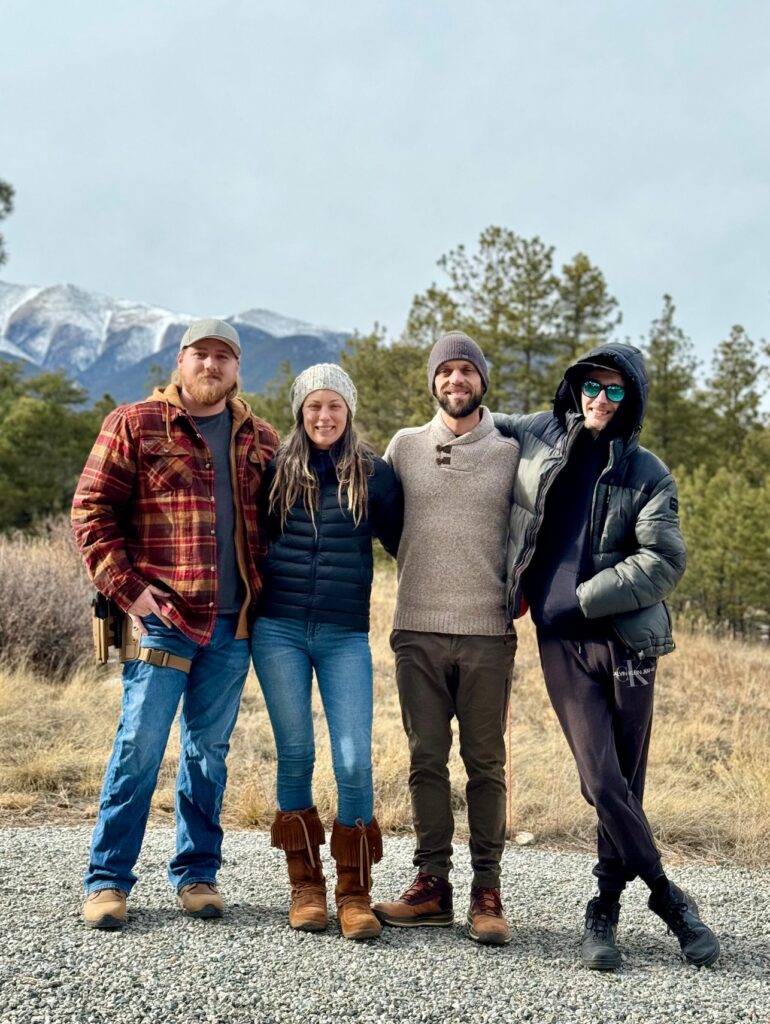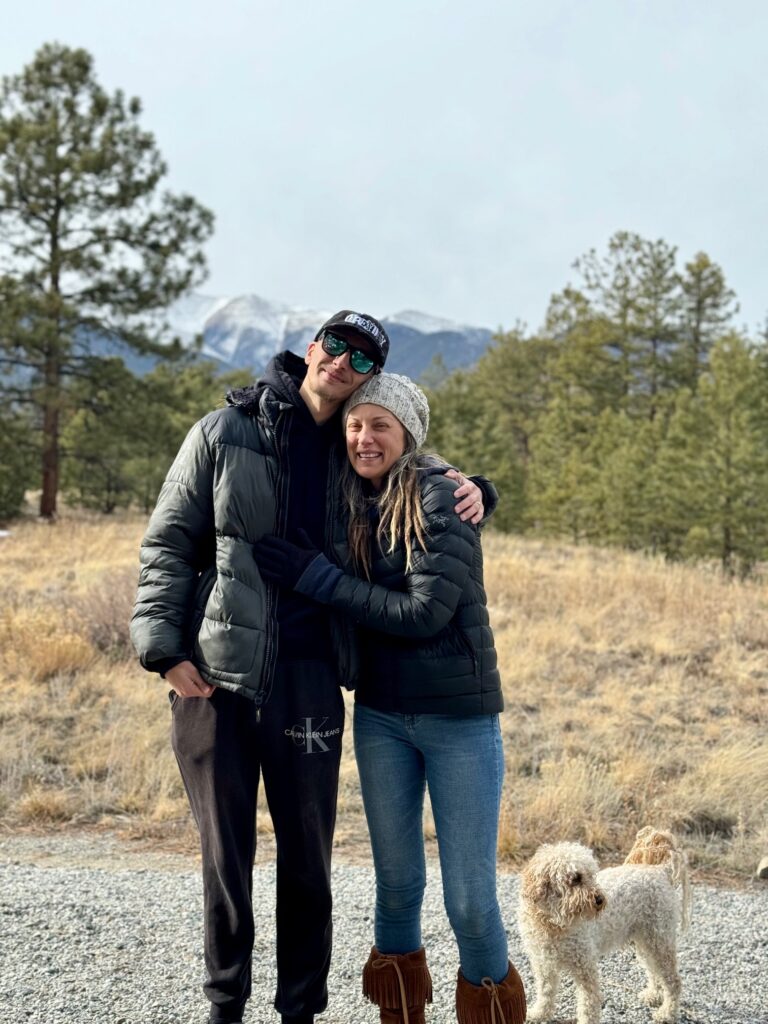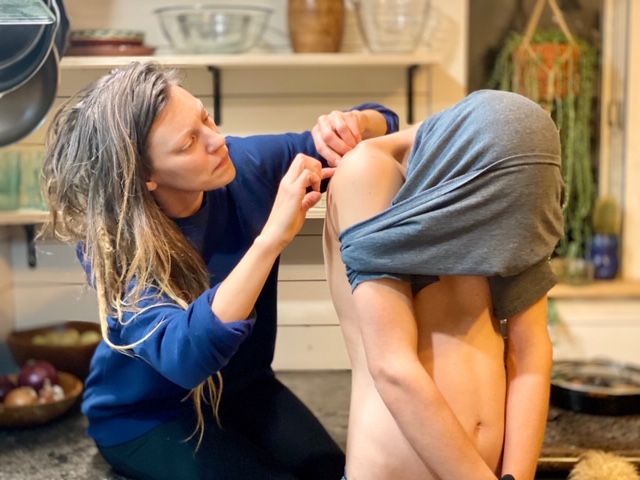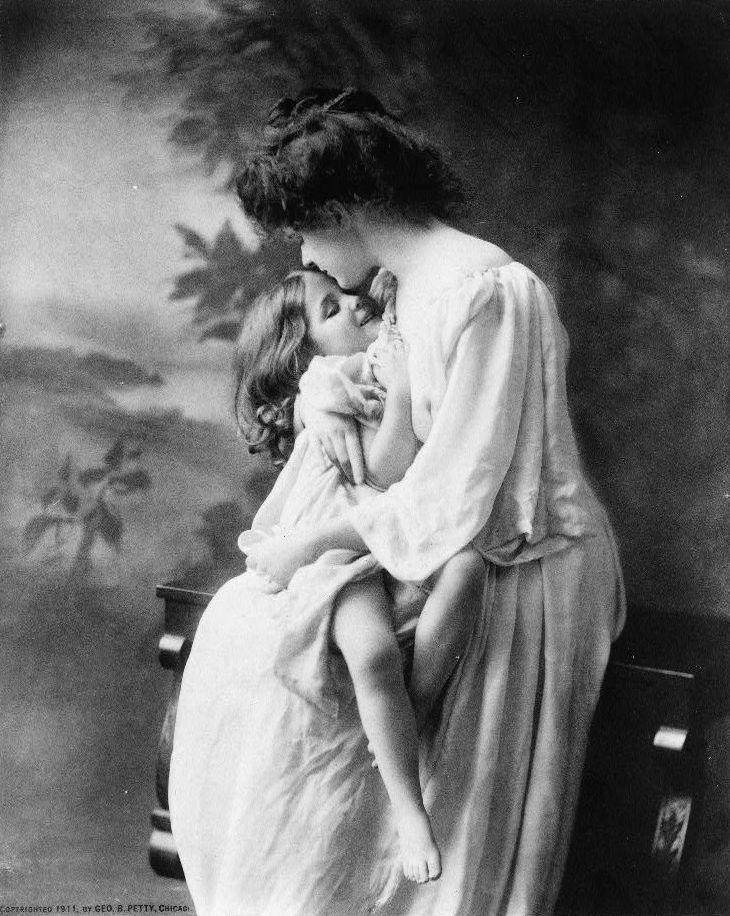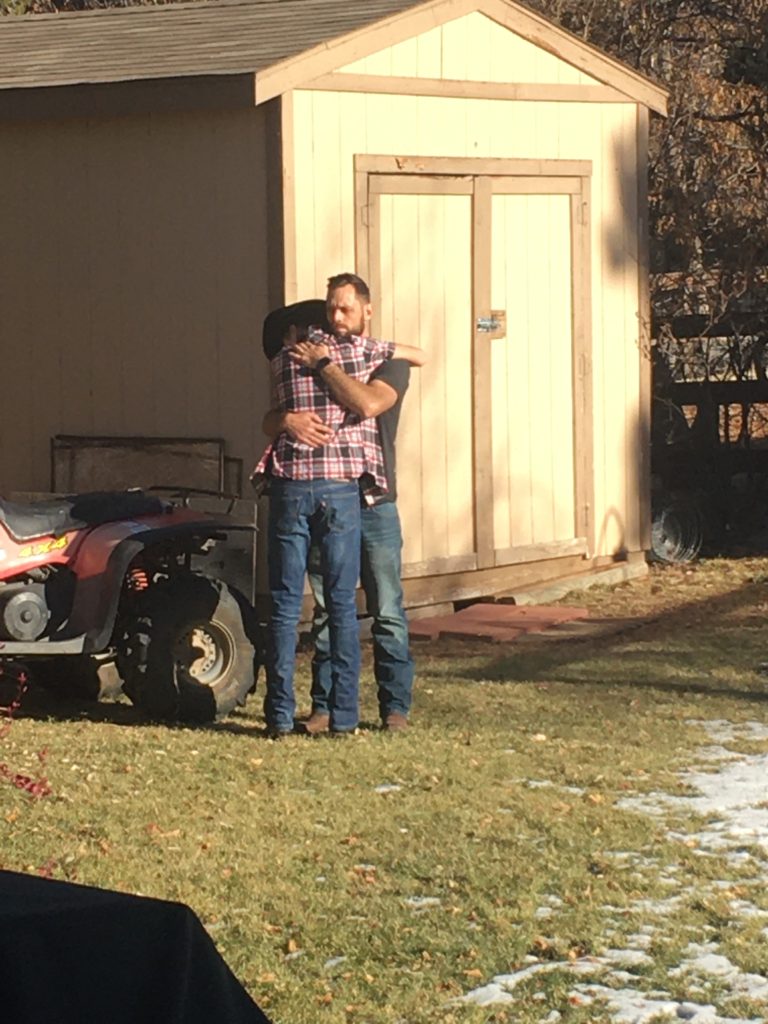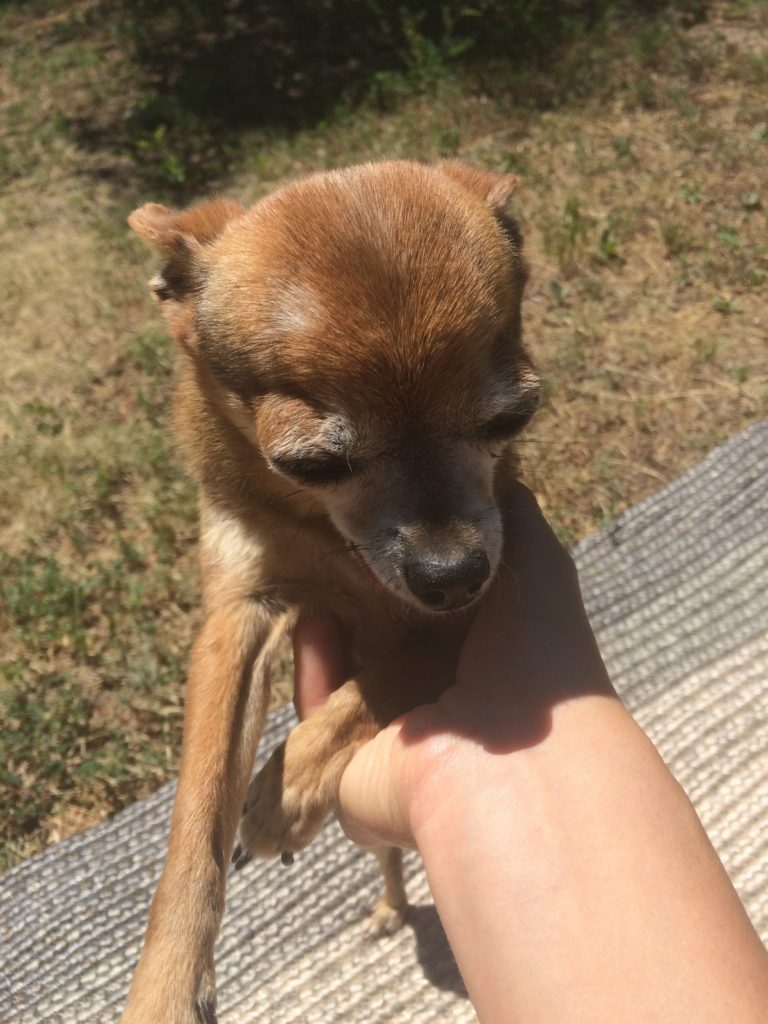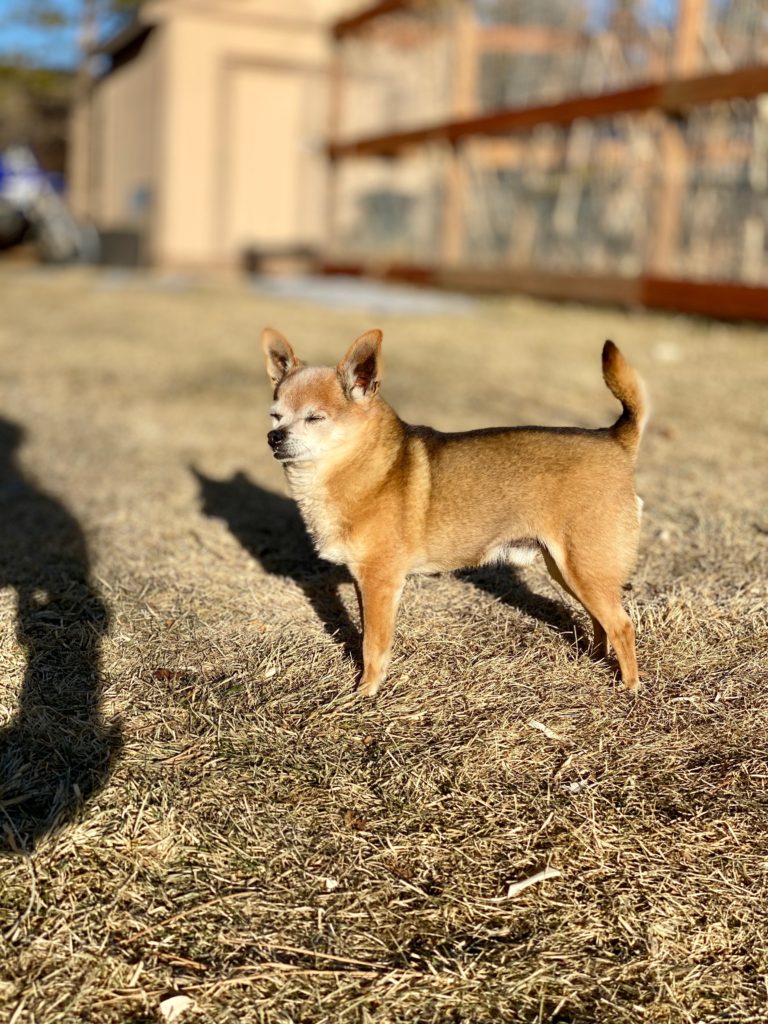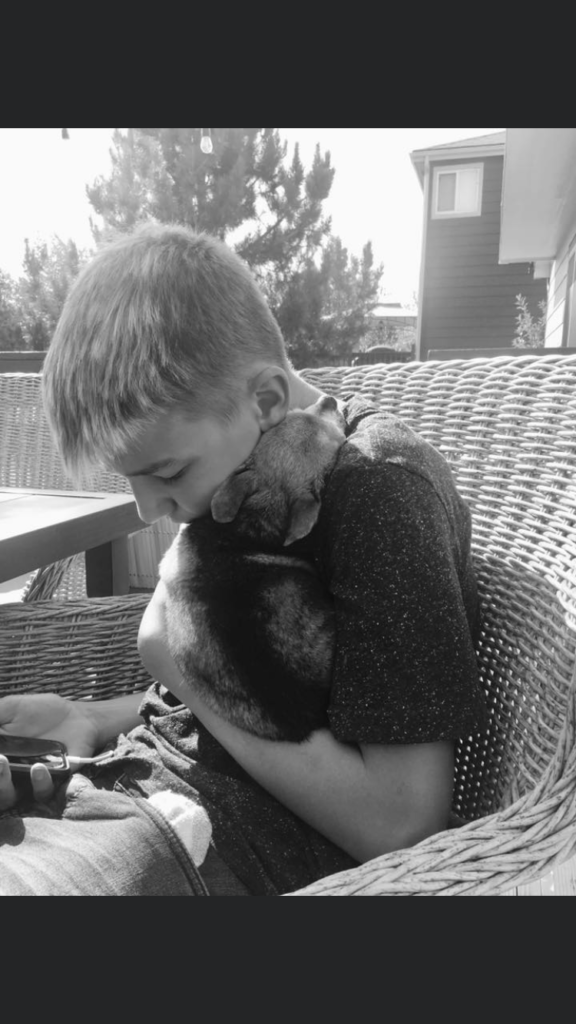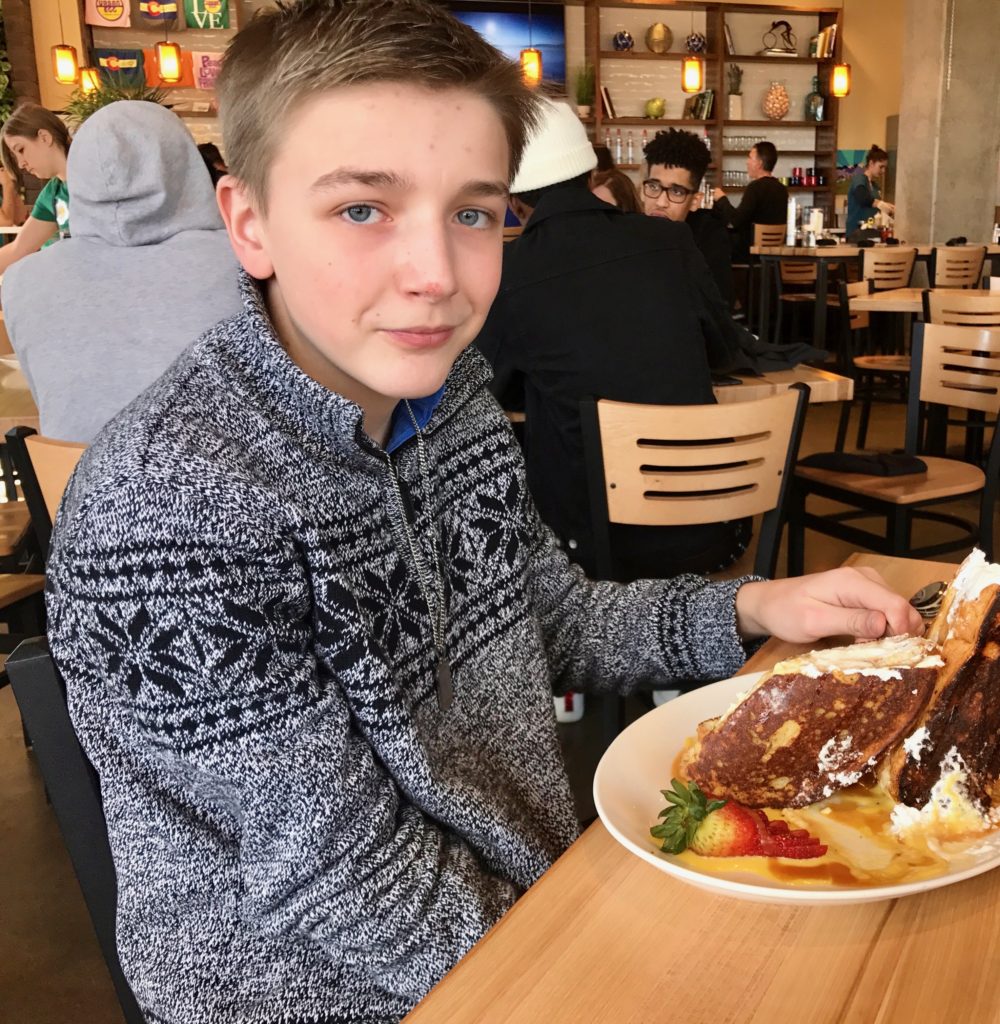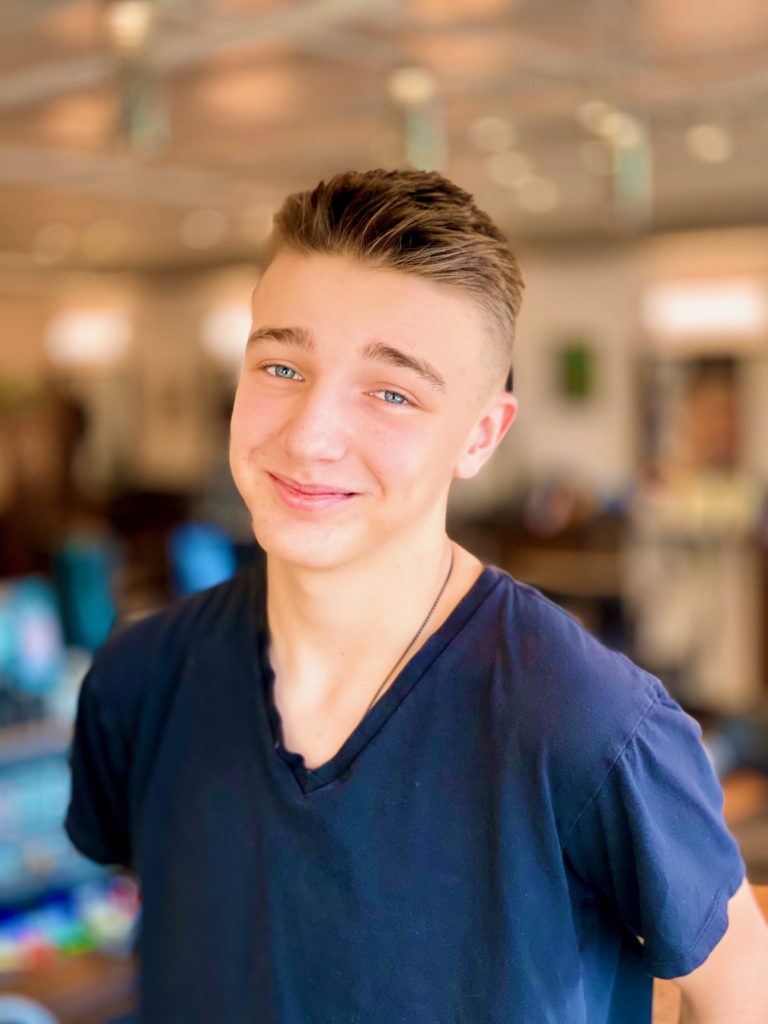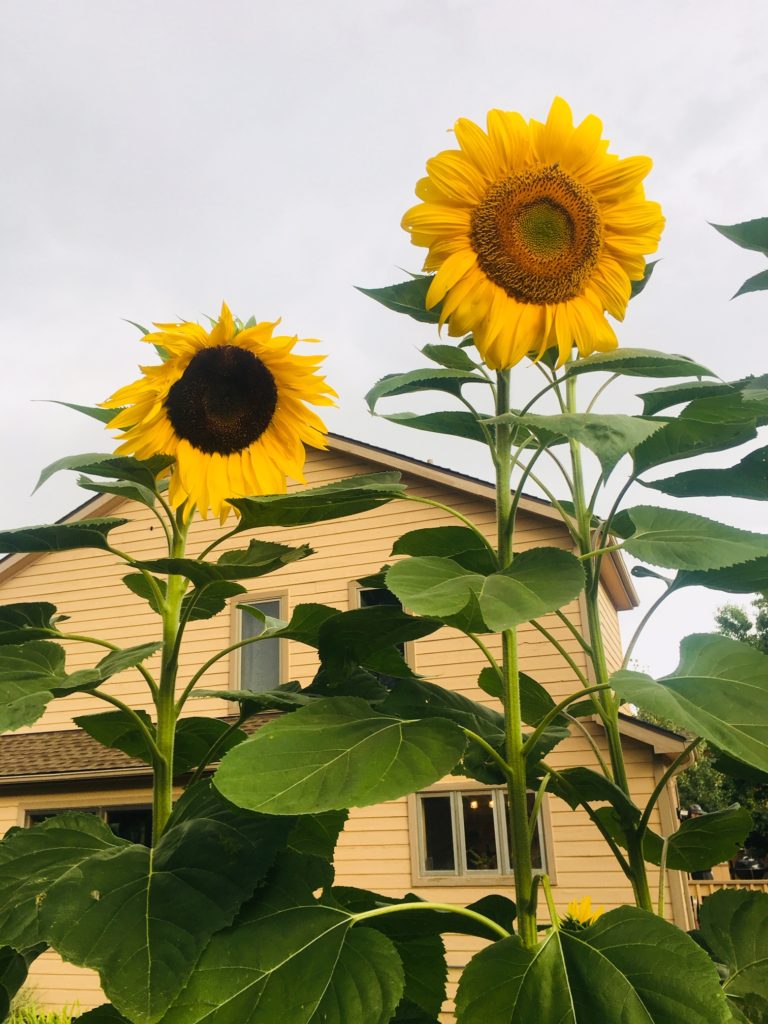It’s been three years now, since I took that break from writing in The Adoption Diaries. But I realize I have left everyone hanging on what became of this odd little blended family and the rescued boy. Aside from my dedicated readers out there from the beginning, there are new users every month that are still just finding this story. So I must now give an update to all of you!
I had to take a break when I did because the stress was too high at that point and it felt private; the horror of what we were suffering didn’t feel like anyone else’s but ours. We had hit an age of development with him that is a normal pull-away-and-become-your-own-person-with-your-own-rules age. But with a kid like Jack that didn’t just mean your average wow this is really hard stage. It was more like–okay…are we all really going to survive this?
There were lots of run-ins with police, a few high-speed car chases, (one ending in an intentional carefully executed collision between our son’s car and my husband’s truck), bedroom windows nailed shut, and finally, a runaway situation.
We lost him.
Literally.
He was seventeen when he ran away with his girlfriend, Jada.
He loved us, and the bond was already strong, so he never left just out of the blue. This was the cycle: He messes up, we issue a consequence (Mainly at this point, loss of car), and he runs to evade said consequence (usually in the car).
So the final time he ran, he texted us and said: I am not coming back. Then he blocked us.
We nearly disabled his phone then. But halted and thought it over. We needed to keep the communication open. We needed to be strategic and not reactive. Nothing could be done here simply out of anger or spite. We had to play our hand perfectly or we would lose him for good. This was it. The final battle. The question was, would we win or lose? And what did winning actually mean?
See, we fought for him when he was fourteen. We fought for him when he was fifteen. And sixteen. It sometimes felt like a never-ending battle, fighting to keep him, find him, guide him, get him to come home, get him to go to school, get him to go to sleep, get him to wake up. All of life was a fight. And some of them were grizzly, horrid, even bloody, traumatizing. To be fair, he tried really hard to please us, to follow the rules, to honor the boundaries, but it wasn’t sustainable. His precious little brain was wired in a way that he just couldn’t keep it up. He got distracted, his phone died, he couldn’t keep track of time, he was easily sidetracked by any person or fun that presented itself. School, schedules, and curfews were impossible for him to uphold consistently. And as soon as he made a mistake and got caught and faced a consequence, the whole world may as well just come to an end. The fight for him and with him was just a way of life.
But the reason we fought, and never stopped fighting was because we were laying the groundwork then. He was young and he needed to be harnessed, dragged home, possessed, protected. But also, and more importantly, this groundwork we were laying was showing him his value to us. No one had ever fought for him like we did. No one had ever chased him down with a car. Rammed his car with a truck in a parking lot to stop him. Nailed his window shut. Tackled him to the ground. No one in his life before had ever bled or suffered or fought like we did for him. Without relenting, without stopping, without ever giving up. My husband, his dad, fought especially hard. And what all that fight said to him, even before his little scared soul ever knew what it was hearing, was this:
You are OURS. We will never stop wanting you. You are worth every fight. We will never give up. Because YOU ARE OURS. More than you’ve ever been anyone else’s.
We earned the bond. We earned the unconditional love. We earned the reality in his heart and mind and in our family that said: there is no one in this world that has EVER loved you like we do or EVER will.
And so. After we lost him. We got him back.
He was seventeen when he ran away. The fights and the battles all clustered around his freedom and independence. He didn’t want to go to school or stay in school or do schoolwork of any kind. He didn’t want to come home at night or stay home at night or sleep at night. He wanted full freedom–like most kids his age do. That part wasn’t unusual. The unusual part was the full-on world-war-like experience that took place whenever we tried to set or hold any boundary in place. And the even more violent horrendous fallout of attempting to dole out consequences for breeching them.
When he ran away, he dropped out of school of course, not that he had been going before that, and he was failing every class anyway. He was only months away from graduation, but would never have actually graduated due to the neglect of his studies.
We had to make a choice: We had reached a battle we couldn’t win, an age when it was not vital to keep fighting it, and a situation where the hierarchy of needs here pointed to something so far greater than whether he slept in a bed in our house or graduated high school.
The most important thing was NOT to keep him in school or in his bed at night anymore. It was to keep him in our life. To keep our relationship. To protect the bond.
We knew generally where he was when they ran away. He only had so many friends that had their own places or parents willing to harbor them without question. We left them be for a handful of days and let everyone have a little bit of a rest. We stopped chasing at that point. Let everyone cool off. It was necessary. Then we texted Jada and asked them to come home for a chat. We told them we were going to release him, but we needed to make a plan. He and Jada came right over.
We said, “Ok. You two are old enough now to make it on your own, is that what you want?”
“Yes.”
Jada had already turned 18. Jack was 17. Jada was still on track to graduate. We were calm and gentle and uplifting here, not condescending or passive-aggressive or bitter. They only wanted to be their own people, it was now time to help lift them up to be their own people. We had come to the end of the rope and we knew letting go was going to save us all, clinging yanking pulling would only make everyone miserable and make our relationship fail.
We said, “If you want to be released we will release you, to live your own life, but it’s time to stop hiding out in people’s basements and doing nothing but running. You’re not on the run anymore, no-one is chasing you anymore.” We told them we would help them get an apartment and they could both get on with the business of working and living. We helped him pack his things and he and his dad hugged hard for a long time and his dad heaved rare true tears on his tall shoulder. It was a good-bye of sorts. And, probably not coincidentally, our older son had moved out to his own apartment the same week. We were emptying our nest in one fell swoop. There was pain.
But there was a great exhaling sense of relief. Because it was, in its strategy, actually us claiming him back. In all the glory of the tired cliche, we had to let go to have him back. The fight was only going to kill our bond, one way or another.
The bond was the focus.
The bond needs to always be the top priority.
The bond comes before education. Before rules. Before everything. It is the big picture that all the other details must fit into or they must be thrown out. There is no other way to make it in love. And a person without healthy bonds cannot be healthy in any of those other things. The bond is first.
He and Jada struggled of course in their new life, and there were ups and downs, but we knew when to support and when to step back and let them struggle. When to help and when to let them feel the true magnitude of their independence. Our bond was not hurt. It GREW. And it keeps growing.
It has been more than three years now. He is twenty years old. He is our joy. Our JOY. He gives us so much joy. We went from suffering and stress in him that felt like it pushed us to the edge of ourselves… to JOY in him.
It has been a wild ride for him. We even almost lost him once to a car wreck that he should not have lived through; that can be another blog post. They have moved a couple more times but since that initial help to get their first apartment, they have not needed help again. We are so proud of them both. And Jada is a daughter to us.
So that is my update. I stopped writing because it was so bad I couldn’t even share it anymore. We fought through it with every molecule our warrior souls could muster. We knew when to stop fighting. We chose to place the bond at the very top of the hierarchy of needs, even when people judged us for it. And we have a beautiful whole incredible family because of it.
The following photos are from this Thanksgiving, when we spent a week at the cabin with our amazing sons, their amazing women (that they have been with since they were each sixteen years old–beautiful loyal boys of mine) and my parents. It was the best time we’ve ever had. We did many things together over Christmas. We see each other regularly, and both the boys work with their dad at the family PDR business.
We made it.
We are a success story.
That’s my update.
